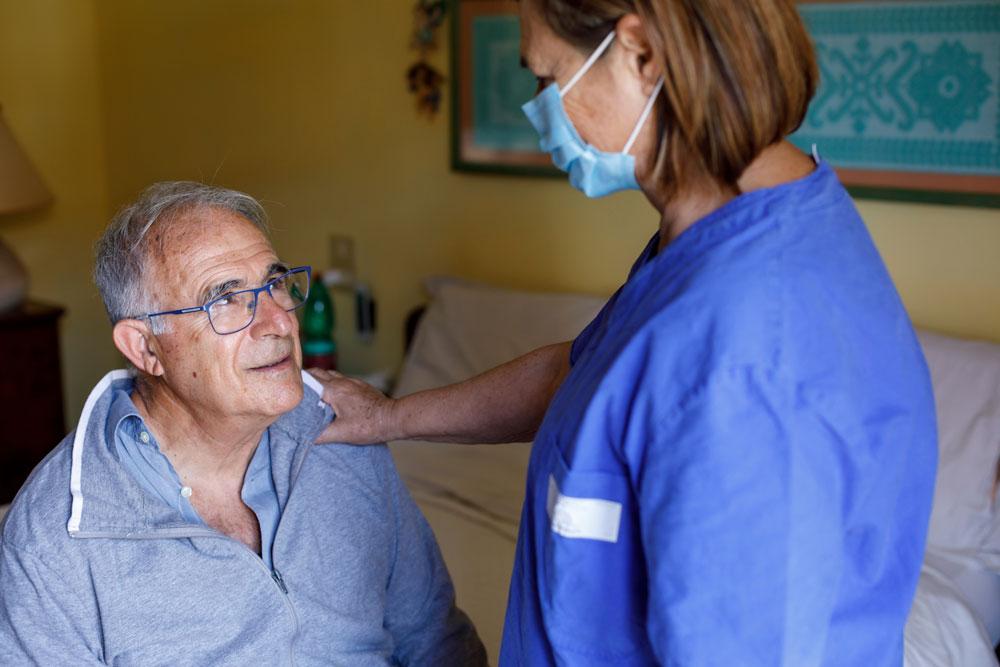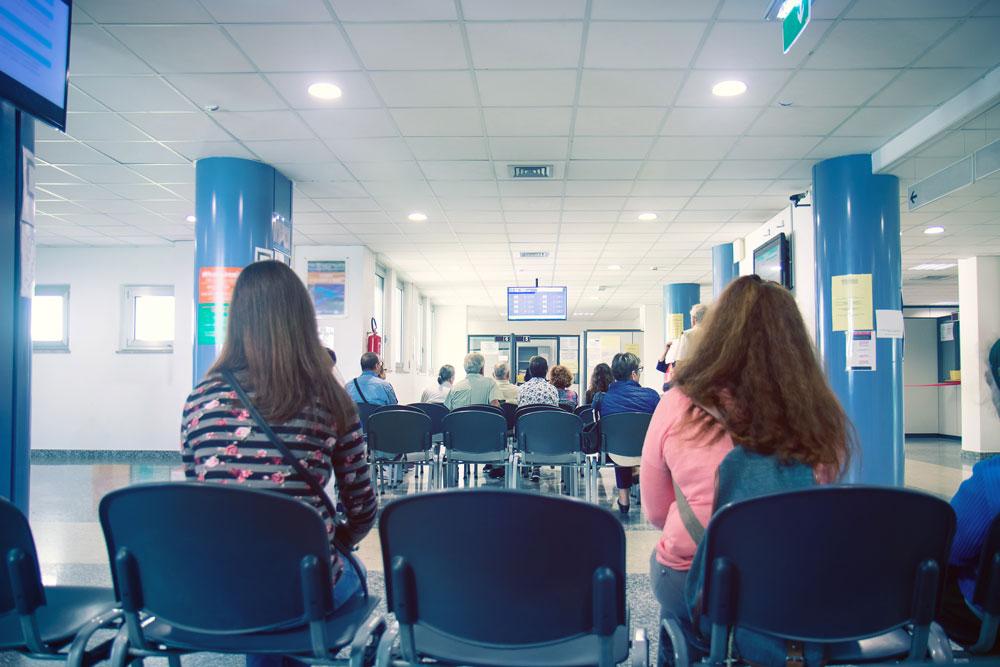The NHS has long been seen as the envy of the world when it comes to the provision of quality health care. However, when it comes to being viewed as an efficient mechanism for the funding of health care it is far from the envy of anyone at all
The NHS is now fast approaching its 70th year. Less than three years after coming into existence in July 1948 the NHS would have its first taste of budgetary problems when it saw the introduction of prescription charges, dental treatment charges and charges for spectacles to help cover the already rapidly growing shortfall in cash needed to fund the health service as a whole. This in turn gave rise to the first resignation of a senior government official as a result of poor funding to the NHS.
Seventy years later and the NHS is now bigger and better in lots of ways, providing a much needed and loved service the UK with some of the most advanced treatment methods available on the planet, and some of the best trained professionals in the world. Nevertheless, one thing which hasn’t changed so much though is the problem of funding. The government plans to spend around £122 billion on health in England in 2017/18, or roughly £2,200 per person. Around £108 billion will be spent on the day to day running of the NHS. The rest is spent by the Department of Health on things like public health initiatives, education, training, and infrastructure.
NHS owed £500 million each year
The NHS of course doesn’t just service the needs of UK residents, it also provides a service to the many thousands of overseas visitors who come to the UK each year and find themselves in need of some form of treatment. This can vary from very minor ailments to very serious treatments such as heart bypasses’ or serious injury. As a result of some recent calls for action the government has set a target to recover up to £500 million a year by 2017/18 from all overseas patients, although it is widely expected to miss this target by some considerable margin, but to be fair the NHS is not is the business of recovering money, in fact the NHS has far bigger priorities on its agenda than just cash.
But the pressure is now on for the NHS and the many trusts within, to do more when it comes to managing issues such as health tourists and the misuse of the free prescriptions which can result in fines of up to £100.00 per person.
Time for the NHS to consult with the experts
NHS trusts collected just £255 million of at least £500 milliom spent providing treatment to foreign patients in 2015, according to a report by the National Audit Office (NAO). The report which reveals the latest stats available reveals that the NHS is failing to claim back money from foreign patients because half of doctors and a quarter of nurses do not think it is their job to ensure payments were made. It’s not difficult to see why health professionals would think this; after all they are not in the business of money management they are in the vocation of health care and that’s where their priorities lay.
The issues of debt within the NHS is a sensitive one, not just because it’s a political hot potato, but because when you are dealing with debt and poor health you have to ensure that its handled with extreme sensitivity and understanding while dealing with the patient who has incurred the debt, both domestic and overseas.
Some examples of this type of approach can be found at the head office of the Zinc Group, which is home to the aptly named E-Solutions team. Zinc was the first debt recovery agency in the UK to launch a self service customer portal which allows customers to deal with their debts 24/7 from anywhere in the world, whilst ensuring that customers who need additional assistance are able to get it via Zinc chat - Zincs very own Instant Messaging service.
As well as its customer portal which is available online via any desktop service such as pc or Mac, Zinc also offers all of its customers a Smartphone app which is available via Android and Apple Store.
Dougie McManus, CEO The Zinc Group, said: “In 2018 Zinc will likely be the first Debt Recovery agency in the UK to deploy the use of fully interactive video communications to customers, these will be fully personalised videos sent directly to customers who will be able to interact and deal with their account within the video itself, this will be a first for the UK and will vastly improve performance with the late payment sectors by some considerable margin.”





